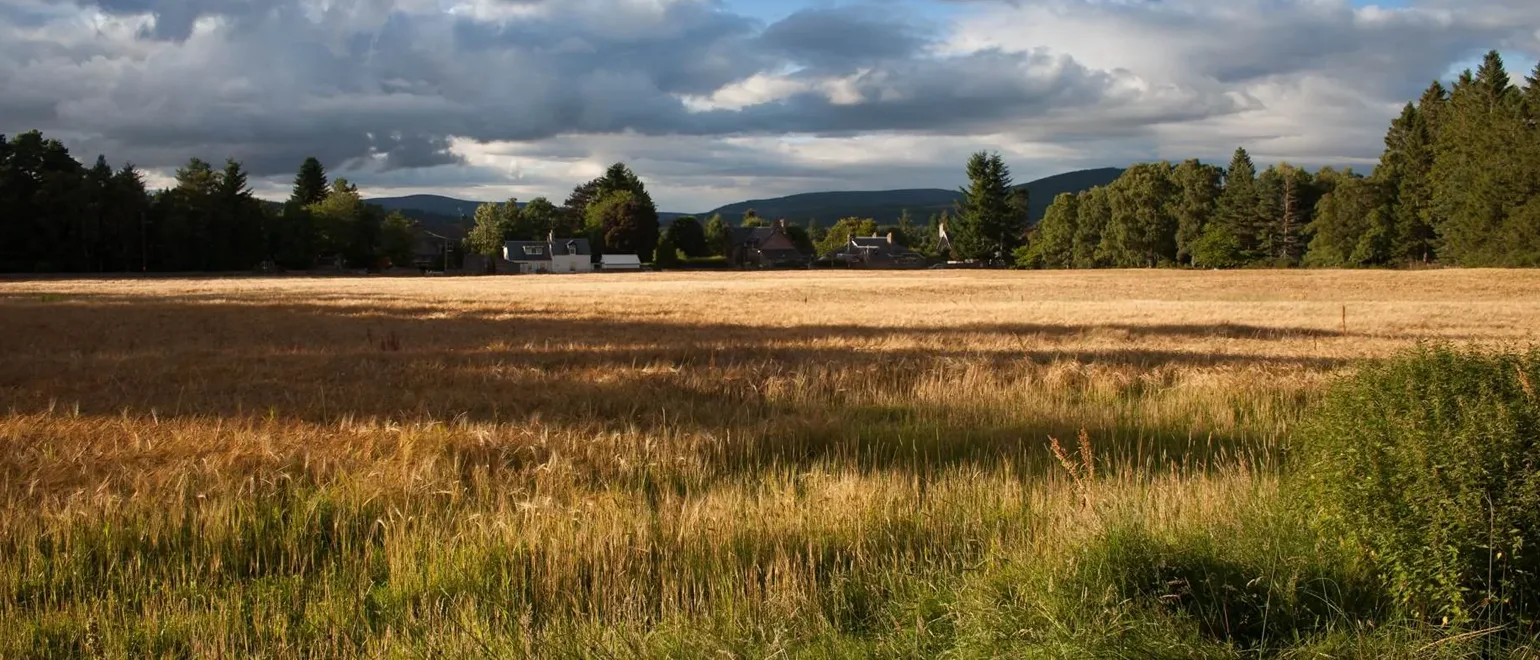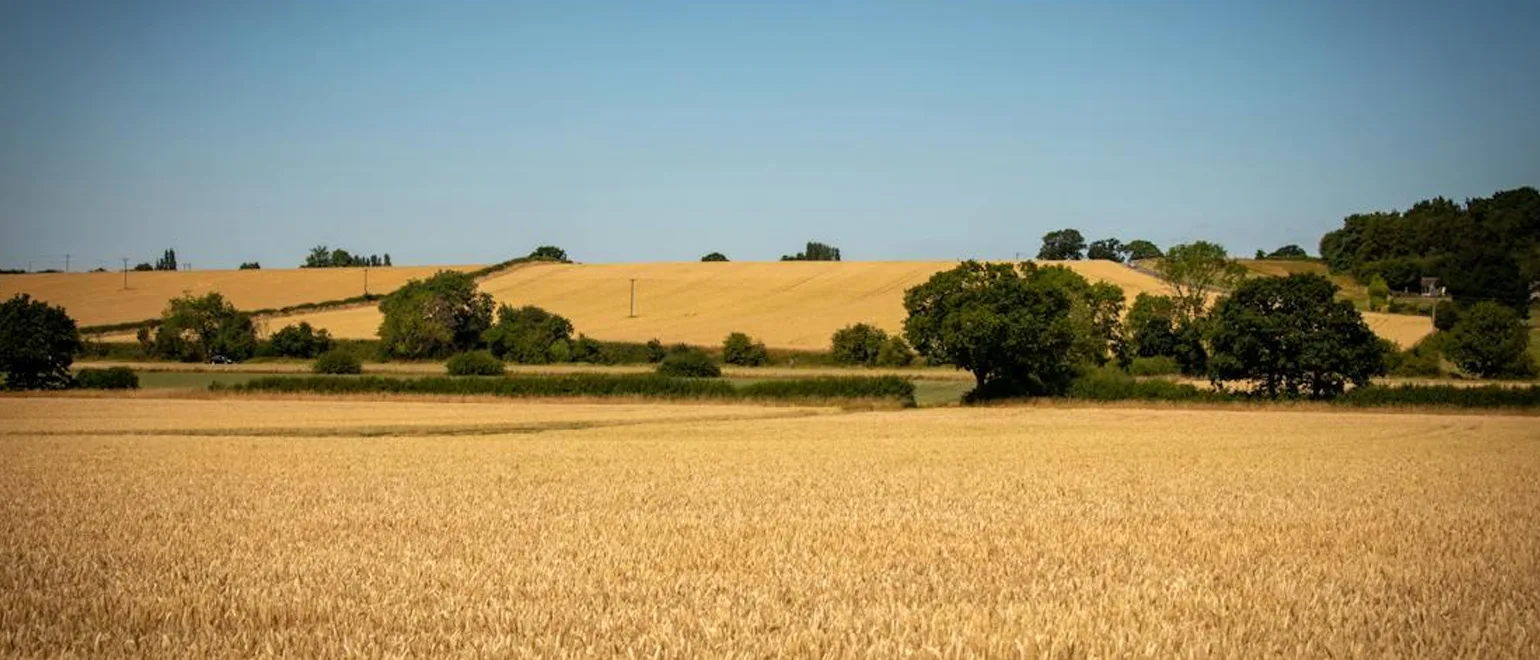
What to Know Before Buying Land in Kentucky

When purchasing rural land, it’s essential to balance the dream of open space with the realities of ownership. From surveys and rights to financing and taxes, each step can influence both the value of your property and your ability to use it as intended. The market for land in Kentucky is anything but uniform — knowing what sets each property apart is what matters most.
Why People Are Buying Land in Kentucky
Kentucky’s allure comes from its diversity. Buyers are drawn by:
- Affordability: Land values here remain competitive compared to neighboring states.
- Lifestyle: The state’s mix of farmland, lakes, and forests suits homesteaders, retirees, and outdoor enthusiasts alike.
- Opportunity: Growing demand for recreational properties, hobby farms, and long-term investments is fueling steady interest.
For many, the appeal lies in Kentucky’s ability to offer both a slower pace of life and a wise financial decision.
Types of Properties Available in Kentucky

Kentucky boasts a rich variety of land types, featuring rolling hills, lush forests, fertile plains, and scenic river valleys.
Kentucky’s regions each carry their own character, from the steep ridges of the Appalachian Mountains in the east to the rolling bluegrass fields that define the heart of the state.
- Farmland: Ideal for row crops, livestock, or horse operations.
- Woodlands and timber land: This type of property is best suited to hunting clubs, nature enthusiasts, or conservation projects and organizations. The vast terrain is home to a diverse array of wildlife species and is well-suited for both recreational use and sustainable management.
- Waterfront property: Highly sought after for lifestyle purposes or for long-term value.
- Residential Plots: Smaller tracts for the purpose of building homes or cabins.
This wide range of options makes Kentucky a favorite state for the realophiles.
Regional Market Trends and Land Values
Kentucky’s market consistently demonstrates a demand for rural properties. Buyers should consider:
- Price differences between western farmland and eastern mountain acreage.
- The impact of proximity to urban centers like Lexington or Louisville.
- Recent shifts favor recreational and agricultural tracts as families seek more space following the pandemic.
Working with local data and brokers ensures you understand not just statewide averages but county-level realities.
Land Surveys and Property Boundaries
A professional survey is one of the most important investments you can make. It confirms:
- Accurate property lines.
- Encroachments or overlaps with neighboring parcels.
- Acreage totals that match recorded deeds.
Without a survey, buyers risk disputes or complications in the future.
Easements and Access Rights
In Kentucky, it’s not unusual to find rural parcels without direct access. An easement may be required, and understanding those rights up front can prevent headaches like:
- Utility easements grant companies the right to run lines across your land.
- Access easements ensure you or your neighbors can reach a property without trespassing.
Clear documentation helps avoid disputes and ensures long-term usability.
Water and Mineral Rights Explained
Water and mineral rights can be just as valuable as the land itself. In Kentucky:
- Water rights affect farming, livestock, and personal use.
- Mineral rights may include coal, oil, or natural gas, which can be leased or sold.
Confirm what rights transfer with your purchase to avoid costly misunderstandings later.
Zoning Regulations and Land Use Rules
Counties and municipalities enforce zoning codes that shape how land may be used. Common restrictions include:
- Agricultural vs. residential use.
- Building height, setback, and density requirements.
- Commercial limitations in rural areas.
Reviewing zoning laws ensures that your plans — whether for farming, building, or development — align with the relevant regulations.
Financing Options for Buying Land in Kentucky
Financing land is different from financing a home. Common options include:
- Traditional land loans through banks and credit unions.
- Owner financing is often available in rural transactions.
- USDA rural development programs for qualifying buyers.
Each has different down payment and interest requirements, making it essential to compare terms.
Working with Rural Real Estate Professionals
When you buy land, it’s very different from buying a house. Only specialized rural brokers understand the unique aspects of:
- Local soil and water conditions.
- Agricultural and recreational land value.
- County regulations and the potential for future development.
Because their hands-on experience helps risk-reducing options and preferred surveyors, lenders and legal advisors.
Hidden Costs: Taxes, Insurance, and Development
Besides the initial purchase cost, owning land involves various ongoing expenses that add to the responsibilities of property ownership.
- Property taxes vary by county.
- Insurance protects against liability or natural disasters.
- Development costs, such as road building, well drilling, or septic installation.
Factoring these into your budget ensures you’re financially prepared.
Building Considerations and Utilities
If you plan to build, evaluate:
- Utility availability, including water, power, and internet.
- Septic and waste management requirements.
- Topography, flood zones, and soil quality affect construction feasibility.
Early planning prevents costly adjustments once development begins.
Lifestyle Rewards of Kentucky Acreage
Owning land here is more than an investment — it’s a lifestyle choice. Kentucky acreage allows for:
- Quiet homesteading and self-sufficiency.
- Outdoor recreation, like hunting, fishing, and hiking.
- Space for family gatherings or retirement retreats.
The pace of rural living fosters a sense of freedom that is not easily found elsewhere.
Agricultural and Recreational Land Potential

With nearly 13 million acres of farmland, Kentucky ranks among the top states for agricultural production—famous not only for its corn and soybeans but also for breeding over 240,000 thoroughbred horses.
The state’s mild climate and fertile soils support everything from row crops to cattle and equine operations. More than 12 million acres of woodlands provide strong habitat for deer, turkey, and other game, making hunting leases a steady source of income. Recreational buyers are also drawn to Kentucky’s 1,100 miles of navigable waterways and more than 50 major lakes, offering endless opportunities for fishing, boating, and waterfront living. This variety allows buyers to match land ownership with both passion and profit.
Tips for First-Time Buyers in Kentucky
- Always order a professional survey.
- Verify zoning and access rights before purchase.
- Consult local professionals for financing and legal guidance.
- Budget for hidden costs like insurance and utilities.
- Work with a broker who specializes in rural land.
Following these steps protects your investment and simplifies the buying process.